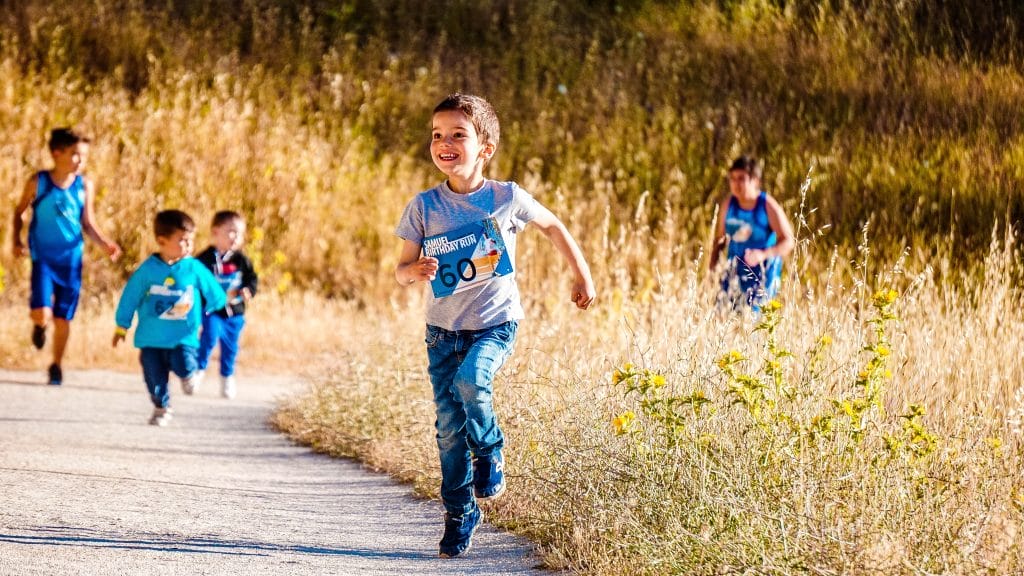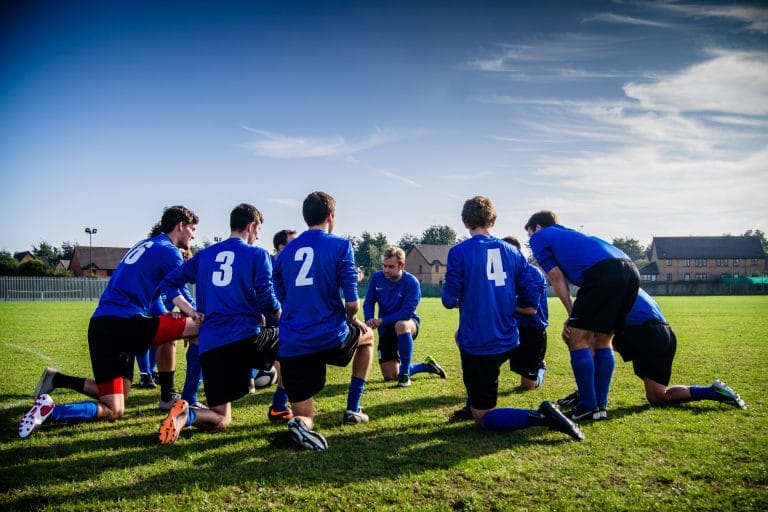Karine, a Bright Heart tutor with a Black Belt in Karate, discusses the benefits of sport for children.

Karine
Karine, a Bright Heart tutor with a Black Belt in Karate, is passionate about helping children with autism and SEN through sports. She discusses the benefits of sport.
Learning through sport
What if sport could help your child achieve their academic goals?
Sport is not just about fitness, teamwork or achievement; it also delivers much more and can help your child improve their mental and physical well-being, contributing to a healthier lifestyle. It has even been proven that physical activity can boost your child’s academic performance. But bear in mind that sports are not necessarily a synonym of exhausting exercise requiring high skills. It can simply be a gentle and playful experience for your child in a person-centred approach.

Why is sport so important for my child?
Doing sport can help children grow, teaching them life skills and important lessons. Practising sport from a young age and accumulating positive experience will encourage your child to stay physically active later in life.
But most importantly, sports can (and should be!) fun, interactive and make your child happy. Whether it is playing in a team or doing individual activities, sport can bring happiness and improve your child’s mood. It also helps reduce stress and anxiety and can be considered as an active meditation. Being happy and relaxed, smiling and laughing will certainly positively affect their attitude towards learning and studying.
How can sports help my child?
Sports help children develop in different fields that are beneficial to their academic journey. It promotes self-knowledge, changes self-limiting beliefs and brings new challenges, pushing them out of their comfort zone to try new experiences. Sport definitely improves self-esteem, self-confidence and builds character, discipline and resilience. For example, learning how to follow rules, face new situations and handling how to win or lose will help them adapt to real life situations, regulate their emotions and deal with frustration.
Sport is about bouncing back and learning from mistakes, learning to try again or try a different way. It teaches that effort pays off and encourages perseverance, showing them that giving up is not the way to act when difficulties arise. Moreover, it teaches children how to set themselves goals and how to work to achieve these, increasing their motivation to realise their potential. All those skills are important notions that are transferable to other fields.

Health and physical benefits of sport
Sport has many health and physical benefits. However, children have the tendency to prefer the comfort of their home rather than exercise but we wish to help them understand the importance of physical activity, for their own benefit, now and in the long run.
According to the NHS, children and teenagers between 5 and 18 years old should exercise at least 60 minutes every day. It ranges from moderate activity such as cycling and playground activities, to more intense activity such as running or tennis. Physical activity is important for better general health and growth, to build stronger bones and muscles and to increase stamina. It also helps in managing weight and improving one’s body image.
Additionally, it helps burn off energy and channel it to get children ready to sit down and focus on academic learning. It also increases body awareness, improving motor skills, balance and coordination. Developing these skills is important as it helps children gain strength and confidence in their body and in themselves. It boosts their energy level and encourages them to exercise more and stay healthy. A physically active child tends to get better sleep which helps keep energy levels up, improves attention, concentration, mood and behaviour.
How can we help?
Get in touch with Bright Heart if you would like to learn more about Karine’s passion for promoting sports to help children with autism and special educational needs. Karine would be very happy to chat to any parent about the benefits of sport.
Karine is a mother of 2 boys who teaches Karate, helps with PE at a SEN primary school class and works with a teenage boy on the autistic spectrum following a therapy based on stimulation through play.
Bright Heart believes that sport is a great complement to its heart-based tuition approach.
Share this article












